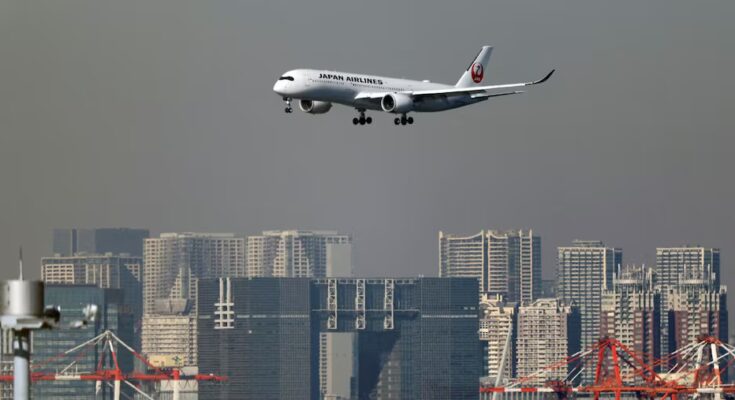From our correspondent
NEW DELHI – Strong diplomatic tensions between China and Japan reverberated on the Tokyo Stock Exchange on Monday morning, causing tourism-related shares to plunge, after the Beijing government advised its citizens not to travel to the neighboring country. Among the worst-hit issuers were airlines and retailers: Japan Airlines fell more than 4%; Ana Holdings (All Nippon Airways) fell more than 3%; Isetan Mitsukoshi, one of the biggest players in the shopping center sector and perhaps the company with the most exposure to Chinese customers, fell more than 10 percent. In the retail sector, Ryohin Keikaku (Muji) also experienced a sharp decline, which lost around 9%, and Fast Retailing (which through Uniqlo controls around 900 stores in China) which fell by 5%.
To focus on the causes of the crisis between the two countries, we need to look back to last Friday November 7, when – while reporting to Parliament – Japanese Prime Minister Sanae Takaichi said that a Chinese attack on Taiwan could endanger “Japan’s survival” and make military intervention by Tokyo necessary. The Japanese nationalist leader’s words came days after the inauguration of Fujian, China’s third and most advanced aircraft carrier, which in a hypothetical conflict with Taiwan could play an important role in limiting external military intervention in Taipei’s favor.
Takaichi’s attitude was then followed by a series of increasingly cruel attacks from Beijing. First by the consul general in Osaka, then by a spokesperson for the Ministry of Foreign Affairs, and finally by the Ministry of Defense who spoke of “a crushing defeat” for Japan if Japan decided to intervene militarily alongside Taiwan. When the diplomatic dispute was followed by an invitation not to visit Tokyo, the conflict also began to have an impact on the economic and financial level. Also because about a quarter of tourist visits to Japan come from China, a phenomenon that is increasingly driving the yen weaker.
According to Japanese press reports, Takaichi’s government sent one of its top diplomats to China on Monday to try to repair the rift in relations with Beijing. If the mission by Masaaki Kanai – who is director general of Asia and Oceania at the Ministry of Foreign Affairs – fails, the impact will be felt far beyond the tourism sector, given the role played by Beijing in the rare earths market.



